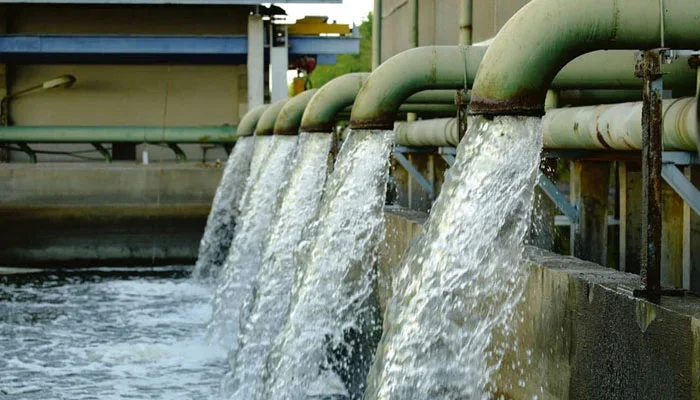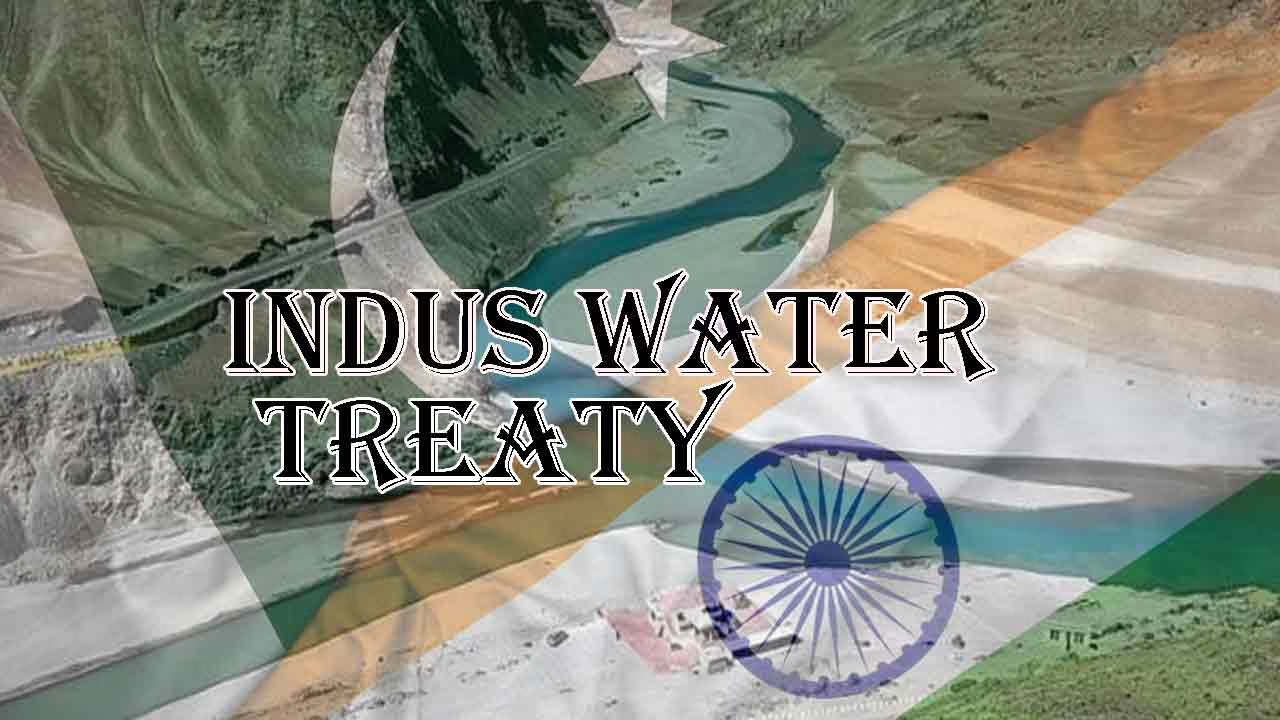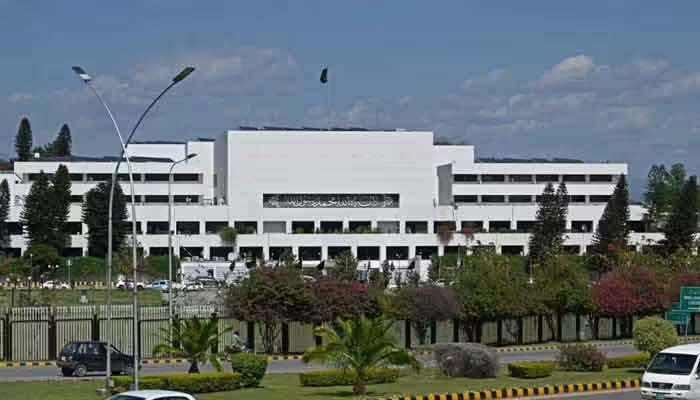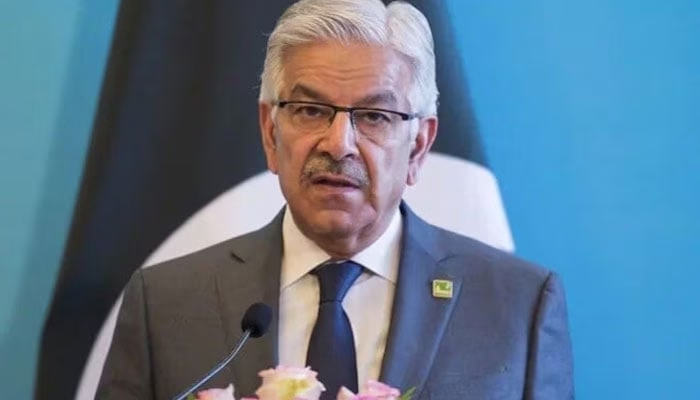The federal government’s ambitious “K-IV” water supply project for Karachi is facing significant challenges due to insufficient budget allocations in the current fiscal year. This project aims to provide water to Karachi through a 260-MGD (million gallons per day) pipeline originating from the Indus River to the Keenjhar Lake reservoir.
In the current Public Sector Development Program (PSDP) budget, the federal government has allocated 15 billion Pakistani Rupees (approximately 90 million USD) for the K-IV project. However, the overall estimated cost of the K-IV project has escalated to around 270 billion Rupees (approximately 1.62 billion USD), which includes 125 billion Rupees for the Water and Sanitation Agency (WAPDA), 52 billion Rupees for power generation stations and transmission lines, 43 billion Rupees for drainage, and an estimated 52 billion Rupees for pumping stations required to supply water to the city.
These estimates have been revised upwards after scrutiny by experts and authorities, reflecting the complexities and scope of the project. Karachi, Pakistan’s largest city, has been grappling with a severe water crisis for years, and the K-IV project is seen as a critical solution to address its water needs.
The Karachi Water and Sewerage Board (KWSB) is tasked with overseeing the K-IV project’s implementation, but the current funding gap poses a significant hurdle. The federal government’s commitment to providing adequate funding is essential to ensure the timely completion of this vital infrastructure project.
Karachi, a city of over 14 million people, is heavily dependent on water supplied from various sources, including the Keenjhar Lake. The K-IV project’s completion is crucial to meeting the growing water demands of the city’s residents and industrial sectors.
while the federal government has allocated some funding for the K-IV water supply project in Karachi, the estimated costs have risen substantially. Adequate financial resources must be secured to ensure the project’s successful implementation, as it is essential for addressing Karachi’s water scarcity and providing a reliable water supply to its residents and businesses.



